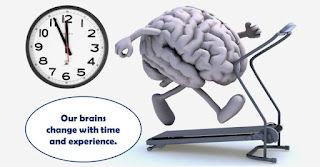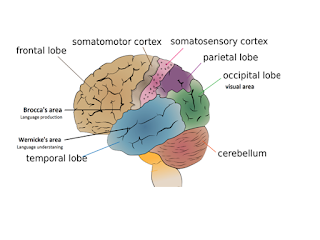AQA A-LEVEL: Issues and Debates - Free Will and Determinism
FREE WILL AND DETERMINISM
Whether behaviour is influenced by forces beyond our control or we have personal control
Whether behaviour is influenced by forces beyond our control or we have personal control
FREE WILL
- Assumes individuals have an active role in controlling their behaviour and aren't controlled by bio or external factors
- Humanistic approach suggests we have free will to control our own behaviour regardless of external and internal pressures and we're able to work towards self-actualisation
DETERMINISM
- Behaviour is shaped by external or internal factors rather than free will
- INTERNAL FORCES
- Biofactors e.g. genes, NT, brain damage
- Innate behavioural tendencies (as discussed by Freud)
- Faulty thinking patterns (as discussed by cognitive approach)
- EXTERNAL FORCES
- Learnt associations
- Stimulus-response links (behaviourism)
- Imitating role models (SLT)
HARD DETERMINISM
- Suggests all behaviour has a cause and that it's possible to identify and describe these factors.
- This approach is scientific as it can establish universal laws about behaviour
- Hard determinism doesn't allow for any element of free will
SOFT DETERMINISM
- Although all human behaviour may have a cause, individuals still have the capacity to make conscious choices about their behaviour in a given moment
- Although behaviour is predictable, this does not make it inevitable
- Individuals are free to choose their behaviour, but this may be from a limited repertoire dictated by internal and external forces
TYPES OF DETERMINISM
BIOLOGICAL DETERMINISM
- Behaviour is caused by biological influences we cannot control
- e.g. genes, hormones, NT levels, brain damage or evolutionary explanations
- Examples of biological determinism
- A1DRD2 Gene, Dopamine + OCD, localisation of functioning
ENVIRONMENTAL DETERMINISM
- When behaviour is caused by environmental influences out of our control
- e.g. stimulus-response links (Association) and operant conditioning (consequences) or influences from people around us (SLT)
- Examples of environmental determinism
- Little Albert (CC), Bandura Bobo Doll,
PSYCHIC DETERMINISM
- When behaviour is caused by unconscious conflicts that we can't control
- e.g. The influence of the ID, childhood traumas, repressed memories which can influence behaviour
- Examples of psychic determinism
- Little Hans, Schizophrenogenic Mother, phobias
EVALUATION OF FREE WILL AND DETERMINISM
Determinism has a SCIENTIFIC APPROACH
- Allows for general laws to be established, which allow us to predict and control future events. Deterministic approaches will most likely have laboratory experiments which allow us to be confident in establishing cause and effect for any given behaviour.
Determinism doesn't account for individuals having the SAME external and internal influences but still behave DIFFERENTLY
- E.g. the 35% under Milgram's experiment who did not obey proceeding to 450V
- Suggests some elements of our behaviour are attributed to free will
- SOFT DETERMINISM may be the better approach
SKINNER suggests that free will is explained by determinism
- Free will is the product of conscious activity explained by brain activity. Ability to use free will is determined by internal factors of the brain connections we have
RESEARCH EVIDENCE against Free Will - Chun Siong Soon et al (2008)
- Brain activity relating to whether to press a button with the left or right hand occurs in the brain for 10 seconds before Pt's report being consciously aware of such a decision
- Activity in brain before action suggests determinism
The LAW rarely accepts deterministic explanations of human behaviour as legal defence for crime
- Stephen Mobley (1994) was found guilty of shooting a manager. Legal team's request to test Stephen if he had a "criminal gene" (as his family had a history of violent crime) was thrown out by court
- Law assumes individuals have a level of free will to determine their actions
RESEARCH EVIDENCE - Roberts et al (2000)
- It is desirable of humans to believe that we have some control over our lives and decisions
- Research found adolescents with a strong belief in fatalism (the idea that their lives were determined by other factors) had significantly greater risk for depression
COMBINATION APPROACH
- Some approaches such as cognitive argue for both Determinism and Free Will
- The cognitive explanation of phobias suggests they are due to faulty thinking (Determinism)
- HOWEVER - Cognitive therapies which ask patients to use their own Free Will
- SLT has a soft determinism/interactionist approach
- Bandura argues environmental factors is how we learn behaviour which is deterministic but it is up to us if we will use our free will to carry them out




Comments
Post a Comment